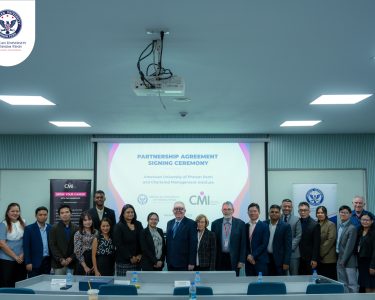Cambodia Investment Review
Cambodia is set to expand access to quality education for more than 1.7 million children, following the World Bank’s approval of a $105 million financing package aimed at strengthening the country’s primary education system.
The Basic Education Improvement Project, announced on August 29, 2025, combines a $100 million credit from the World Bank’s International Development Association with a $5 million grant from the Early Learning Partnership Multi-Donor Trust Fund. The initiative will target early childhood development, foundational literacy and numeracy, improved teaching quality, and school infrastructure upgrades.
Expanding Access to Early Learning
The project will create 60 new public childcare centers and 60 preschool classes, providing affordable childcare options to working parents while preparing young children for school. According to World Bank estimates, approximately 2,200 children under the age of two and 50,000 children between the ages of three and five will benefit from expanded childcare and preschool facilities.
Education officials said the project aligns with Cambodia’s broader commitment to invest in human capital. Deputy Prime Minister and Education Minister Hang Chuon Naron said the program represents a step toward building resilience in the education sector. “By focusing on foundational learning, we are laying the groundwork for a more resilient and prosperous future,” he said.
Addressing Skills Gaps
While Cambodia has significantly expanded access to schooling in recent years, national assessments highlight that many students continue to struggle with basic literacy and numeracy. The project will scale up early grade reading and mathematics programs nationwide, including mentoring and coaching for over 37,000 teachers and targeted interventions for students falling behind.
To address overcrowding, the plan also calls for the construction of more than 900 new classrooms and improvements to sanitation facilities, including gender-separated toilets and hand-washing stations.
Human Capital for Growth
World Bank Country Manager Tania Meyer emphasized the project’s role in Cambodia’s long-term development. “Cambodia’s growth depends on the strength of its human capital. This project will help children acquire the skills they need to succeed in school and in their future careers,” she said.
The World Bank has worked with Cambodia on multiple development initiatives over the past two decades, with education consistently identified as a critical area for sustained growth. Analysts note that improving learning outcomes is essential for Cambodia’s economic ambitions, particularly as the country seeks to move up the value chain in manufacturing and services.





